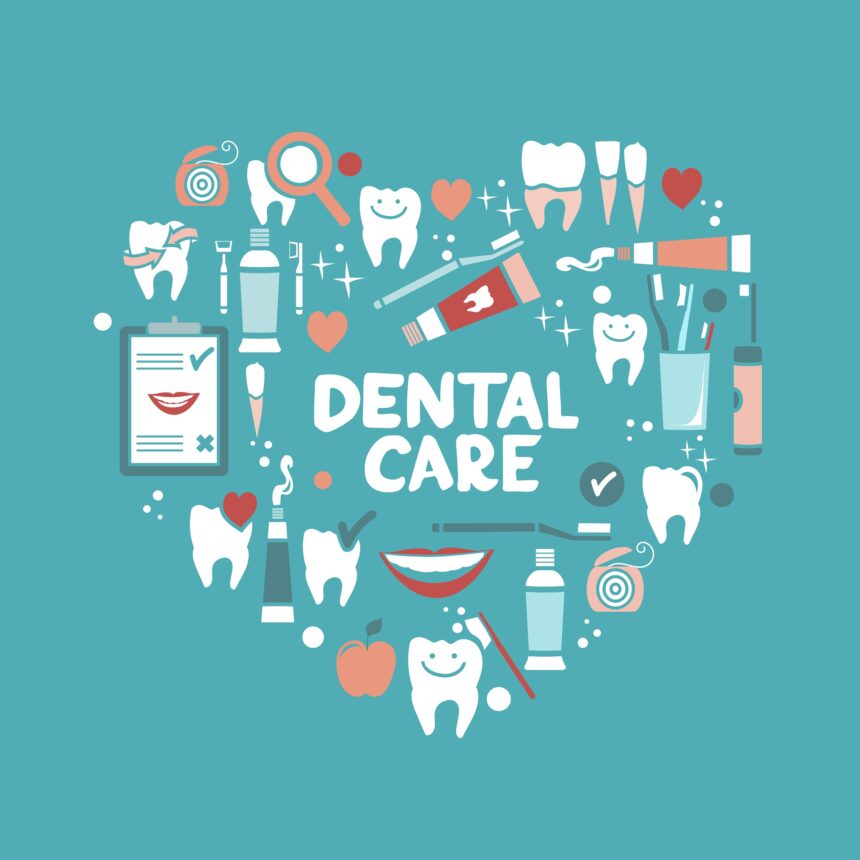Oral health matters more than you might think. In addition to destroying your teeth, poor hygiene habits can also affect your heart. The link hasn?t been definitively established but the evidence is strong enough to prompt concern. Dentists, orthodontists, and cardiologists have discussed the risks. Regular brushing and flossing will provide significant protection. However, it may not be enough. Because researchers haven?t figured out the precise link between your heart and your dental condition, it?s not clear exactly what patients can do to avoid problems?, says Dr. Bruce W. Taylor, of Taylor Wagner Family Dentistry. “For the most part, the data is circumstantial. It’s hard to prove cause and effect,” Thomas Boyden, medical director of preventive cardiology at Spectrum Health Medical Group Cardiovascular Services, said. “However, I think the data is pretty strong and there is definitely a link.” What the Research Says The link may have something to do with inflammation. When you have red, swollen, or bloody gums, it?s almost always a sign of infection. An infection can trigger your body?s autoimmune response, creating inflammation. The inflammation isn?t confined to your gums. It can affect your entire body. There are two types of gum disease. Gingivitis causes swollen, painful gum. Periodontitis, which is more serious, leads to pus formation. Your gums are loaded with blood vessels. If bacteria enter your bloodstream, it can travel to your vital organs and cause widespread inflammation. Multiple studies have demonstrated that the bacteria present in periodontal disease is identical to bacteria that?s been found near the heart. Patients suffering from gum disease have higher concentrations of the bacteria. In other words, the more bacteria you have in your body, the greater your chance of experiencing heart disease. “People with bad periodontal disease tend to have bad health habits in general,” Boyden said “They aren’t taking care of themselves. Many are smokers. They probably aren’t exercising; they may not be eating well. We know all of those things are some of the strongest predictors of heart disease.” Where Does the Connection Come From? Medical researchers have bounced around multiple theories as to why this is true. In addition to the ideas that traveling bacteria goes from your gums to your heart or that an immune response is triggered, there?s also speculation that there actually isn?t a connection between your dental health and your heart. Under this theory, there?s an unexplained third link that explains the damage. For example, smoking increases your chances of both gum disease and cardiovascular problems. Poor lifestyle choices like being too sedentary and eating an unhealthy diet are other possible links. One study examined data on nearly one million participants. The group experienced 65,000 cardiovascular events. The researchers found a link between missing teeth and heart disease but the link disappears when the smokers were excluded. However, other researchers called the results into question. What Does This Mean for You? If you suffer from heart disease, you should take extra precautions by speaking with your dentist before any procedure. Are you taking blood-thinning medications? Your dentist needs to know. You should also check to see if the clinic has an emergency plan in place. Calcium channel blockers, a common treatment recommended for angina (chest pain), can affect your gums. The problem can be so severe that you need surgery to correct it. If your angina is well-controlled, you can feel safe undergoing any dental procedure. If your pain is new, unpredictable, or growing in severity, you should avoid all but essential procedures. Make sure your dentist is equipped to monitor your heart. Some of the medication that you may take for your heart can cause dry mouth. The situation is very dangerous to your oral health. Without saliva, your mouth lacks the moisture needed to clean your teeth and wash away bacteria. Your dentist might be able to help. A skilled provider can offer solutions like artificial saliva. Final Thoughts Scientists are unable to say for sure that there?s a definitive link between the state of your teeth and the health of your heart. However, even if there?s isn?t a direct link there are plenty of other reasons why you should maintain strong oral health. You don?t have to do a lot. Regular brushing, flossing and trips to the dentist are a good start. If you want to do more, cut sugary drinks and snacks out of your diet. Bacteria thrive on sugar. Your mouth would be healthier if you never consumed it.
The Strange Connection Between Heart Disease and Dental Health

John Henning is a nutritionist, freelance writer, and food blogger that provides accessible nutrition info to help people live a healthier life. His unique approach to nutrition emphasizes nutrient-dense, whole foods and healthy habits rather than restrictive diets.
